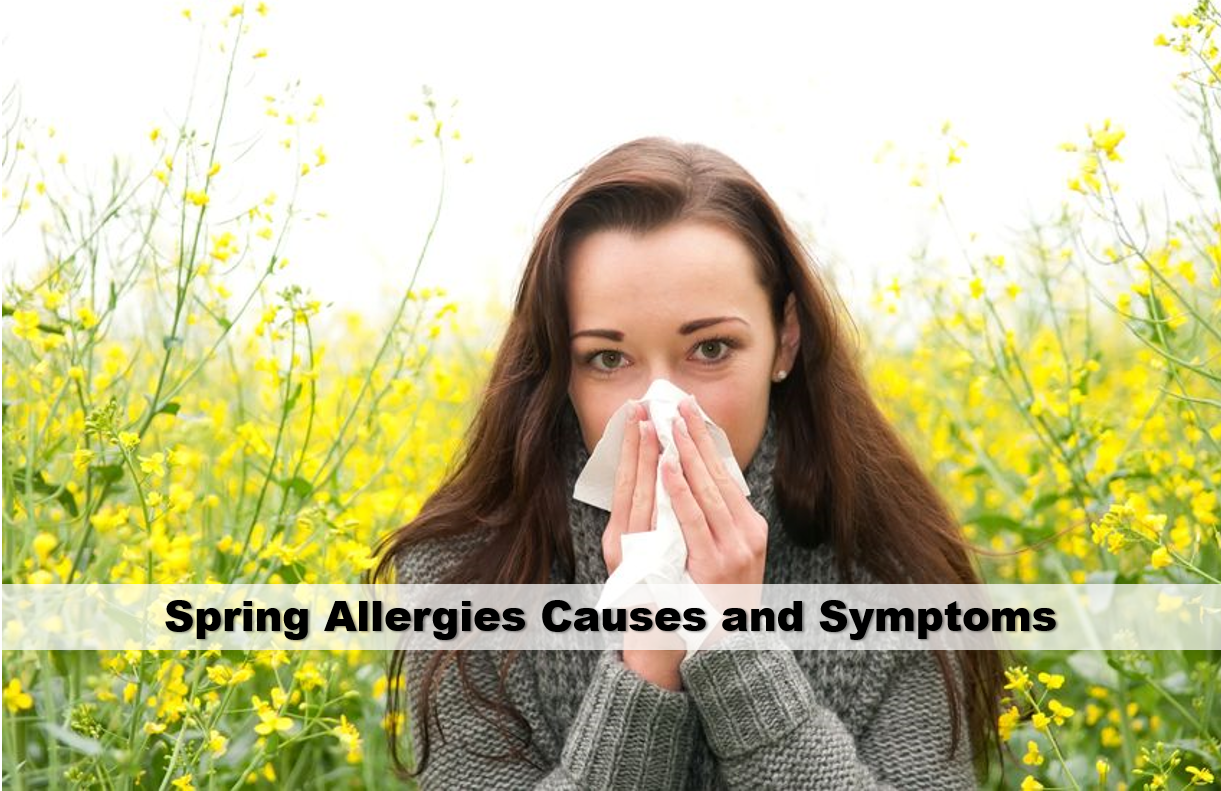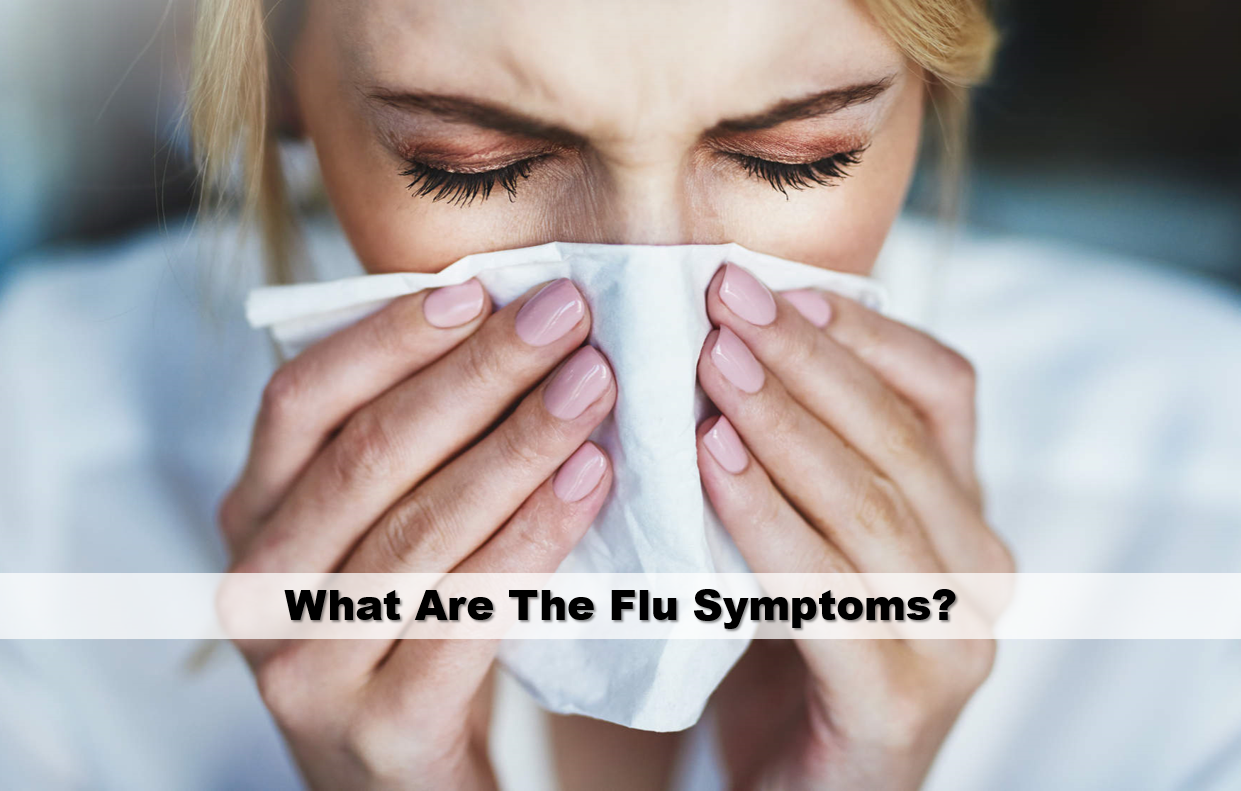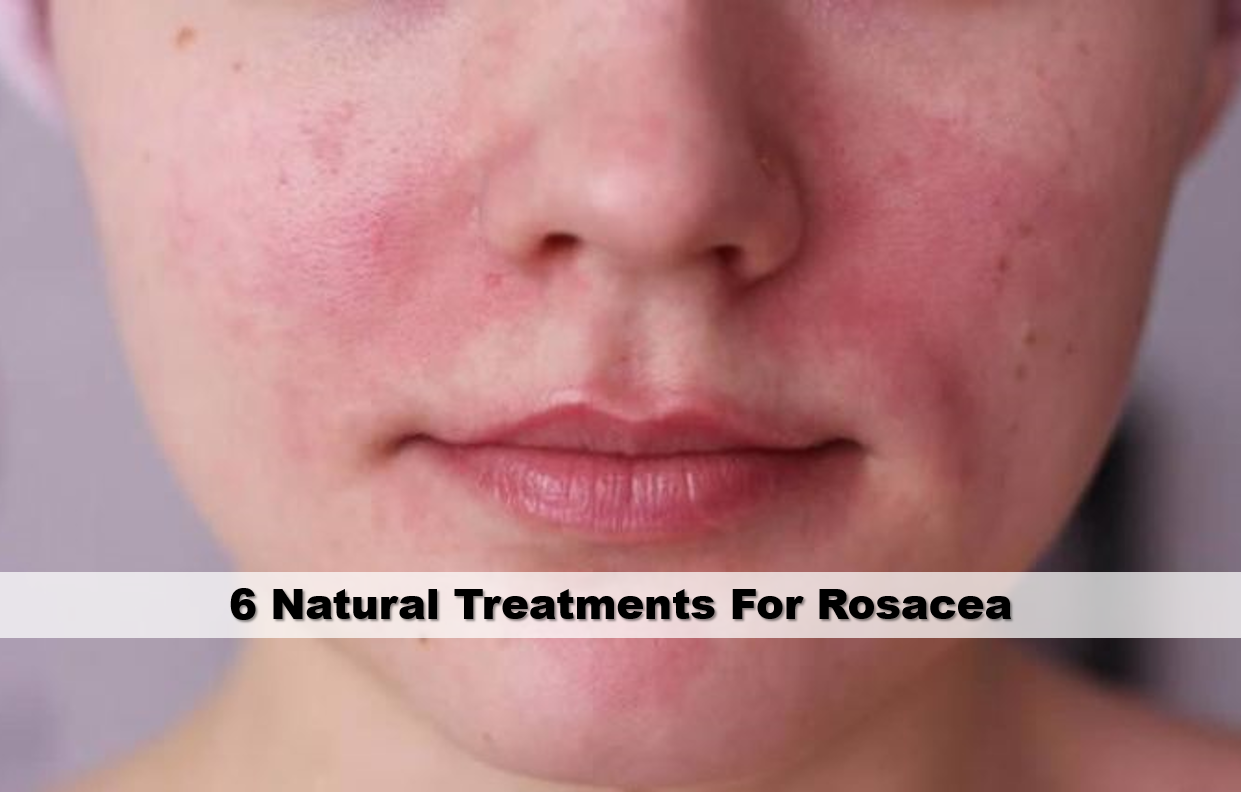Spring Allergies Causes and Symptoms

What is Spring Allergy? What are the risk factors for allergic rhinitis? Allergy is normally the exaggerated response of the body to non-harmful substances. This exaggerated reaction can sometimes be in the whole body, sometimes in a part of the body. It is called allergic conjunctivitis in the eye, allergic rhinitis in the upper respiratory tract, asthma in the lungs, urticaria in the skin, eczema, or contact dermatitis. Here, we will explain the causes and symptoms of spring allergy.
Spring Allergy Causes
Allergy is a common disease. Genetic and environmental factors play an essential role in the occurrence. The immune system normally protects our body against germs and harmful substances such as bacteria and viruses. However, if the immune system starts to give exaggerated responses to substances that are not normally harmful, it is called an allergy. The immune system of allergic patients is sensitive to certain substances. When faced with these substances, the immune system is out of control, and allergic complaints such as itching, redness, swelling, spasm, tears, and runny nose occur. The substance that triggers an allergy is called allergen. Pollen, mold, animal hair, house dust, medicines, and foods are the most common allergens. The causes of spring allergy are pollen from trees and grass. Pollen accumulates by sticking to the nose, eyes, and throat. Allergic reactions and related symptoms then occur.
Spring Allergy Symptoms
- Nasal congestion,
- Sneezing,
- Runny nose,
- Itching of the nose and eyes (also conjunctivitis),
- Sinus pain,
- Swelling of the eyelids,
- Reduced ability to smell and taste,
- Fatigue,
- Difficulty in understanding
- Sleep disorder,
- Itching on the throat
- Cough and headache may occur.
The symptoms of allergic rhinitis lasting less than four days per week or four weeks are called intermittent allergic rhinitis. Persistent allergic rhinitis is defined as the presence of symptoms of allergic rhinitis lasting more than four days per week or four weeks.

What Are The Risk Factors For Allergic Rhinitis?
Factors that increase the occurrence of allergic rhinitis can be listed as follows;
- Family history of allergy or atopy,
- High socioeconomic level,
- Black race,
- Air pollution,
- Being the first child of the family,
- Having a pet,
- Smoking at home,
- Feeding the baby with artificial food before one year of age.
|10 Foods That Boost Your Immune System|
Pollen Allergy
Pollen is small particles of different weights and diameters that are released into the air to fertilize the same kind plants and spread by wind. Pollen allergy is common in people aged 18-25 years. It is rarely seen in childhood because some reactions in the body need to be reached for a certain age to be completed. While the symptoms of it can be quickly observed by people around the patient. There are many pills to treat pollen allergy.
Spring Allergy Treatment
Allergic rhinitis (spring allergy) is a treatment that lasts long and requires patience. Allergens are used in the treatment as well as nasal cortisone sprays and antiallergic drugs. To strengthen the immune system, you should drink plenty of water, have a healthy diet, and rest. Foods with vitamins A, B, C and, E should be consumed. Allergens should be avoided, absolutely protected. You should live away from stress, and alcohol and cigarettes should not be used. In some patients, immunotherapy is performed. Patients to be selected for immunotherapy are generally those whose allergies are uncontrolled by drugs or are uncomfortable with drug side effects. Vaccination may be considered if the patient has allergy symptoms for at least two seasons or six months.
Spring Allergy Prevention
To prevent spring allergy, it is necessary to know which pollen causes allergy. Allergy testing is required for this. Let’s look at how to prevent spring allergy
- Do not go out if it is not dry and windy weather during the morning when the pollen is intense.
- Use a visor hat and sunglasses
- Change your clothes when you get home
- Wear long-sleeved dresses and trousers.
- When you get home, take a shower and wash your face with plenty of water.
- If you have severe symptoms, use a pollen filter in your home and vehicle.
- Be sure to dry your laundry at home
- Do not open doors, windows when pollen is intense
- Use the medications prescribed by your doctor regularly.
- Do not neglect regular doctor checks.
- Try not to be outdoors in windy weather.
- Do not stand in front of open doors and windows in public transport.
- Stay away from lawn mowing and do not lie on the grass
- You can use a suitable mask to protect yourself from pollens.
- Smoking increases complaints a lot. Do not smoke yourself and stay away from a smoking environment





